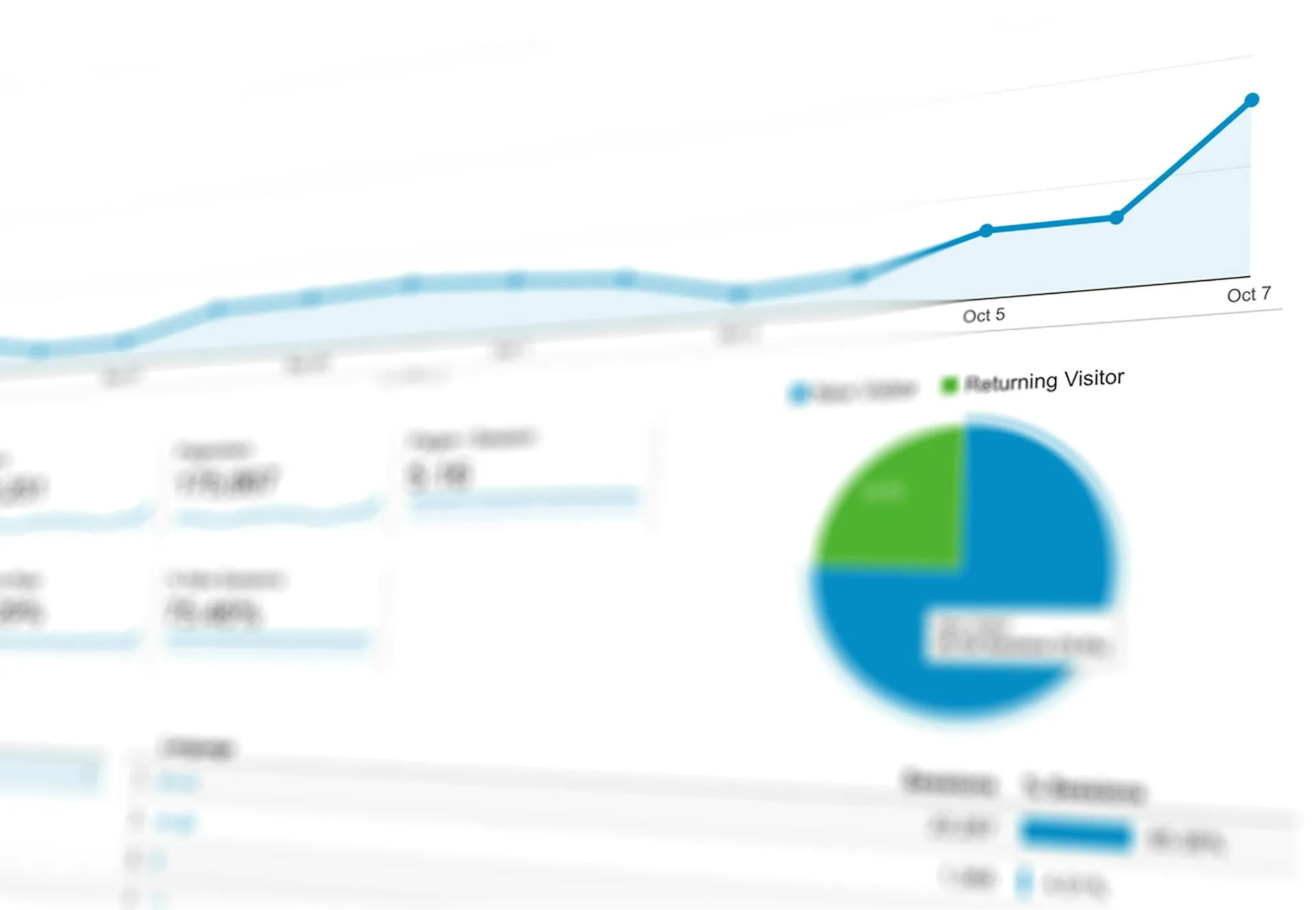Meta Tag Implementation for Search Engine Success
Optimize meta tags for SEO success. Implementation techniques, content strategies, and tracking methods to boost search visibility and click-through rates.

As experienced SEO specialists, we understand that meta tags play a crucial role in how search engines understand and display your website. This comprehensive guide will help you optimise your meta tags effectively to improve your search engine visibility and click-through rates.
Understanding Meta Tags
Meta tags are HTML elements that provide metadata about your webpage to search engines and website visitors. While not visible on the page itself, these tags are crucial for SEO as they help search engines understand your content and display it appropriately in search results.

Types of Meta Tags
Let’s explore the most important meta tags for SEO:
Title Tag
The title tag, while technically not a meta tag, is one of the most crucial elements for SEO. It appears as the clickable headline in search engine results and browser tabs.
<title>Your Primary Keyword - Your Brand Name</title>
The title tag should be:
- 50-60 characters long
- Include your primary keyword naturally
- Be unique for each page
- Include your brand name (typically at the end)
Meta Description
The meta description provides a brief summary of your page’s content and often appears beneath the title in search results.
<meta
name="description"
content="Your compelling description here that includes your target keyword and encourages clicks." />
Best practices for meta descriptions:
- Keep length between 150-160 characters
- Include your target keyword naturally
- Write compelling, action-oriented content
- Make each description unique
- Include a call-to-action when appropriate
Best Practices for Writing Meta Tags
1. Prioritise User Intent
When crafting meta tags, always consider what your users are searching for:
- Use clear, descriptive language
- Address the user’s search query directly
- Avoid keyword stuffing
- Make your content promise clear
2. Optimise for Click-Through Rate (CTR)
Your meta tags should entice users to click through to your website:
- Use power words and action verbs
- Include numbers or statistics when relevant
- Highlight unique selling points
- Create a sense of urgency when appropriate
3. Maintain Consistency
Ensure your meta tags accurately reflect your page content:
- Match user expectations
- Deliver on what you promise
- Keep branding consistent
- Update tags when content changes

Tools for Generating and Testing Meta Tags
Several tools can help you optimise your meta tags:
-
Google Search Console
- Preview how your pages appear in search results
- Monitor click-through rates
- Identify meta tag issues
-
Yoast SEO
- Real-time meta tag preview
- Length checking
- Keyword optimisation suggestions
-
SERP Preview Tools
- Visualise how your meta tags will appear
- Test different variations
- Check mobile and desktop appearances
Need help optimising your meta tags? Our SEO services team can audit and optimise your website’s meta tags for better search engine visibility.
Common Meta Tag Mistakes to Avoid
1. Technical Mistakes
- Duplicate title tags or descriptions
- Tags exceeding recommended lengths
- Missing required tags
- Incorrect implementation
2. Content Mistakes
- Keyword stuffing
- Generic descriptions
- Irrelevant content
- Poor grammar or spelling
3. Strategic Mistakes
- Not targeting user intent
- Ignoring mobile optimisation
- Failing to update outdated tags
- Missing brand mentions
Meta Keywords: A Historical Note
While meta keywords were once important for SEO, they are no longer used by most search engines due to widespread abuse through keyword stuffing. However, understanding their history helps us appreciate current SEO best practices:
<!-- No longer necessary for most search engines -->
<meta
name="keywords"
content="keyword1, keyword2, keyword3" />
Implementing Meta Tags for Different Page Types
Homepage
<title>Primary Service/Product - Brand Name | Location</title>
<meta
name="description"
content="Clear value proposition and main services/products offered by your brand. Include location if relevant for local SEO." />
Product Pages
<title>Product Name - Category | Brand Name</title>
<meta
name="description"
content="Specific product features, benefits, and unique selling points. Include price or promotional info if relevant." />
Blog Posts
<title>Primary Topic: Engaging Headline | Brand Name</title>
<meta
name="description"
content="Brief overview of what readers will learn, including key points or takeaways from the article." />
Measuring Meta Tag Performance
To ensure your meta tags are performing well:
-
Monitor Analytics
- Track click-through rates
- Analyse bounce rates
- Monitor time on page
- Review conversion rates
-
Regular Audits
- Check for technical issues
- Update outdated content
- Test new variations
- Remove duplicate tags
-
Competitive Analysis
- Study competitor meta tags
- Identify opportunities
- Track SERP positions
- Monitor industry trends
Next Steps for Meta Tag Optimisation
-
Audit Current Tags
- Review existing meta tags
- Identify issues
- Prioritise updates
- Document changes needed
-
Create an Implementation Plan
- Set clear objectives
- Establish timelines
- Assign responsibilities
- Monitor progress
-
Regular Maintenance
- Schedule regular reviews
- Update as needed
- Track performance
- Test improvements
Need expert help with your meta tags? Our team can perform a comprehensive audit of your website’s meta tags and implement optimisations for better search visibility. Contact us to learn more about our SEO services.
Maintaining Meta Tag Health
Remember that meta tag optimisation is an ongoing process. Regular monitoring and updates ensure your website maintains its search engine visibility and continues to perform well. We recommend:
- Monthly meta tag audits
- Quarterly performance reviews
- Regular testing of new approaches
- Ongoing competitive analysis
By following these guidelines and regularly optimising your meta tags, you’ll improve your website’s search engine visibility and attract more qualified traffic. If you need professional assistance, our SEO services team is here to help you implement effective meta tag strategies that drive results.